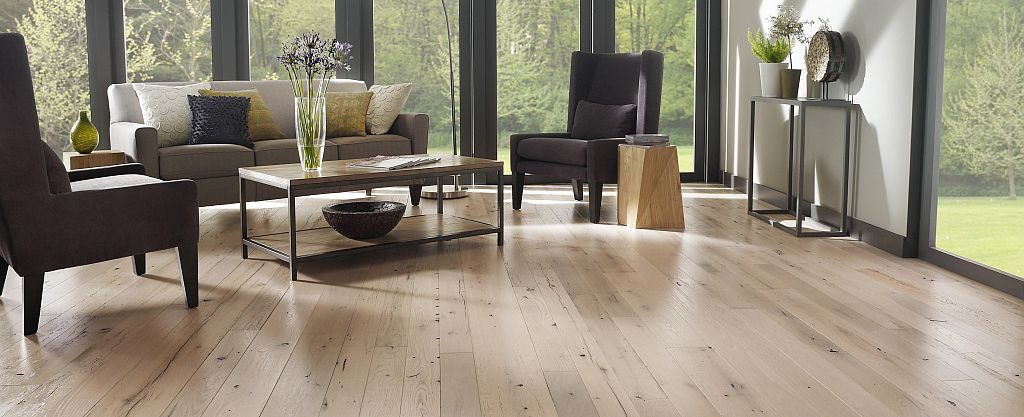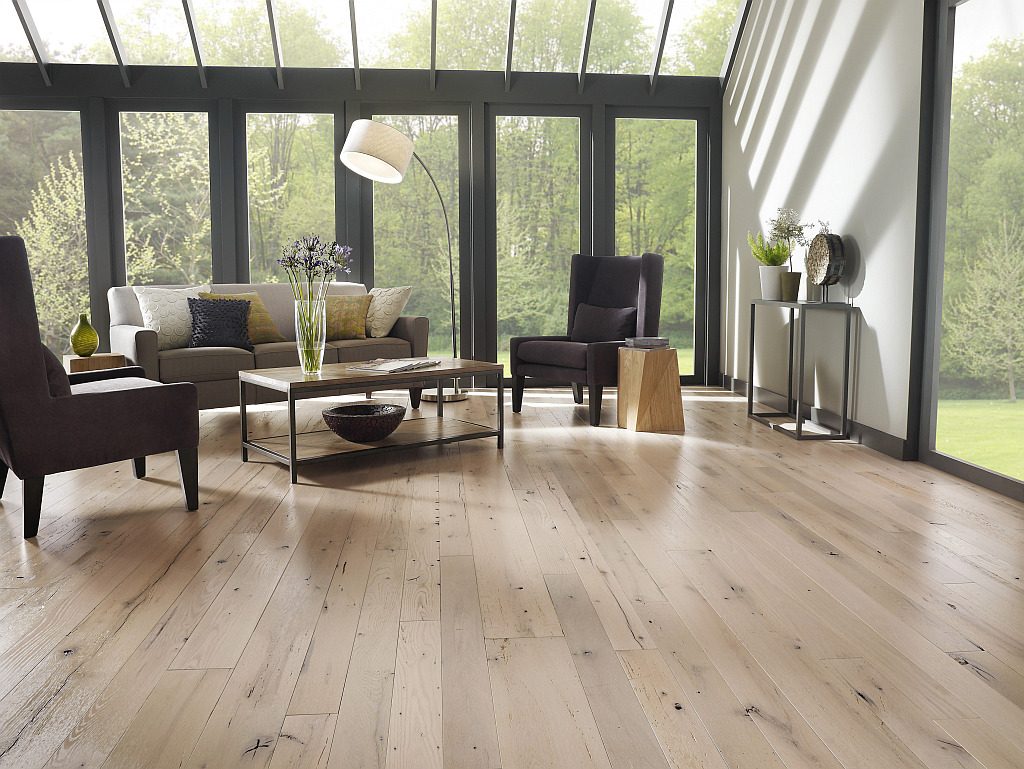
How long any wood flooring will last depends on a number of factors. Considering the shift towards engineered flooring over the last several years, the longevity factor will decrease for those choosing them. Why? Engineered 3-ply and multiply floors are designed primarily for stability.
The construction is much different than that of traditional solid hardwoods. We do not have one solid piece of wood anymore, rather the top decorative layer is the solid piece. Most of the engineered flooring manufactured today contains barely more than 6mm of actual decorative hardwood.
Installation
Another critical element in how long floors will last depends on what happens before that actual hardwood floor installation. Wood flooring needs the ideal conditions that include floor preparation, acclimation, and proper installation methods. Taking a look at the floor preparation issue; the underlying sub floor needs to be flat.

Let’s look at other products. The more traditional solid wide (up to 22cm) tongue and groove floors that have been used for the last 100 years will last much longer but not as long as older solid hardwood. The latter was a solid piece without any tongue and groove.
Overall thicknesses were in excess of one 2-2.5cm. When you consider longevity, the profile of the material being used is probably the single most important factor.
Much older hardwood was not made by tongue and groove. Instead, solid boards were nailed through the surface into floor joist systems as the only method of installation. Generally these floors are not refinished as the charm and patina is treasured more. If they are sanded, the potential is much greater than newer types.
For tongue and groove solid hardwood floors, there is a limit of how long they will last, with much having to do with what the owner desires. We see many different styles nowadays. Some prefer only the look of a smooth, pristine looking floor.
In order to maintain this appearance the floor will have to be refinished very often. These floors do have their limits as the amount of hardwood that can be sanded lies in the 0.5cm range, or above the tongue and groove.
Wood Flooring Care
Other factors influencing longevity is the hardwood floor care. It not only starts with regular maintenance but more specific, what types of cleaners are being used. Many stand by older methods of cleaning floors with vinegar and water.
However what they may not understand is the acidic nature of this cleaning method. Over time it will break finishes down depending on the amount used and may require floors to be refinished at shorter intervals, thus reducing the overall life of your hardwood floors.
For advice about the best wood flooring for your home feel free to contact the ESB sales team. Contact us now to request your no hassle no obligation free samples or come down to our North London showroom for a closer look.
| Mon-Fri | 8:00AM – 5:00PM |
| Saturday | 10:00AM – 4:00PM |
| Sunday | 11:00AM – 3:00PM |





.svg)
.svg)